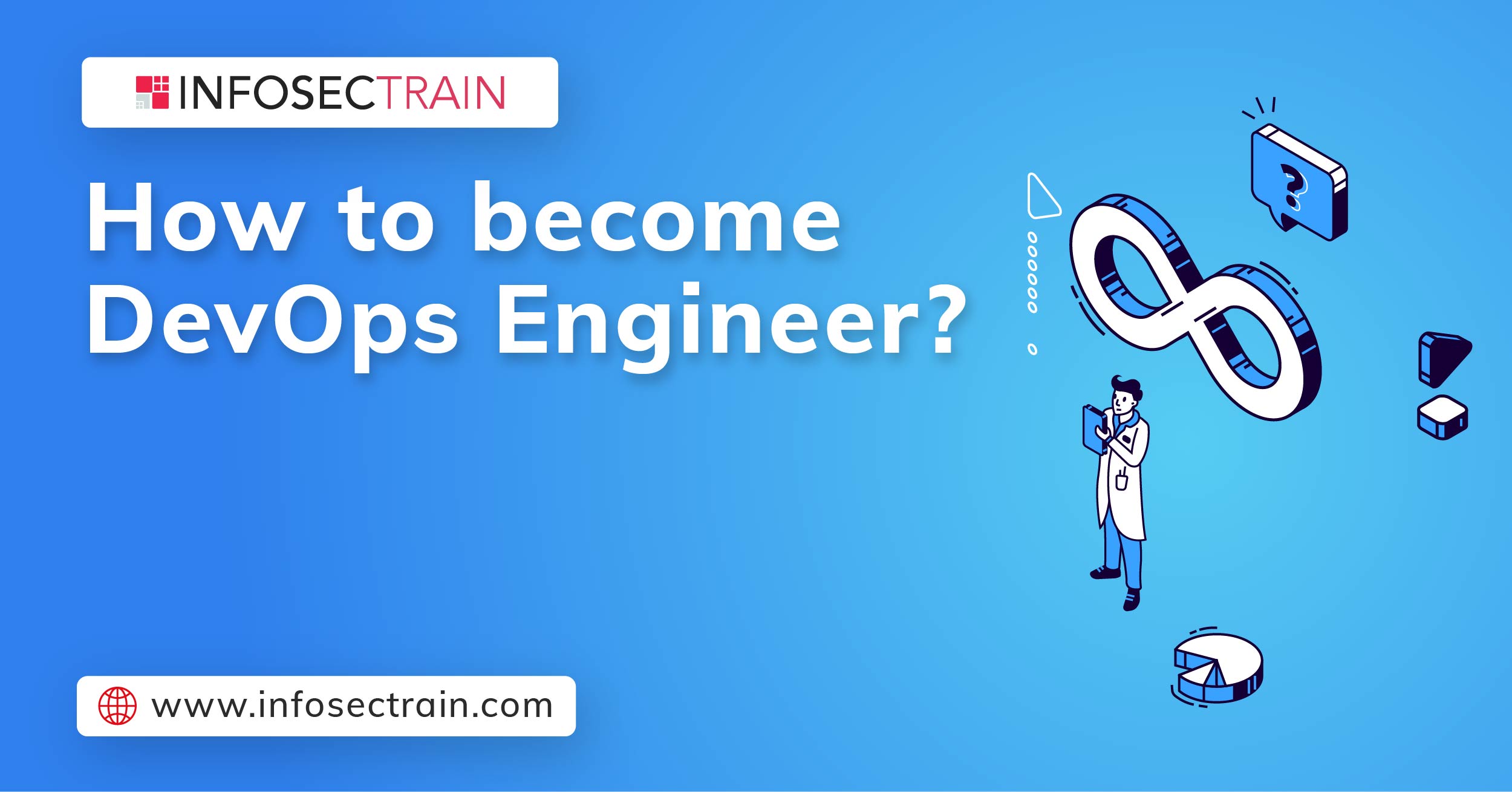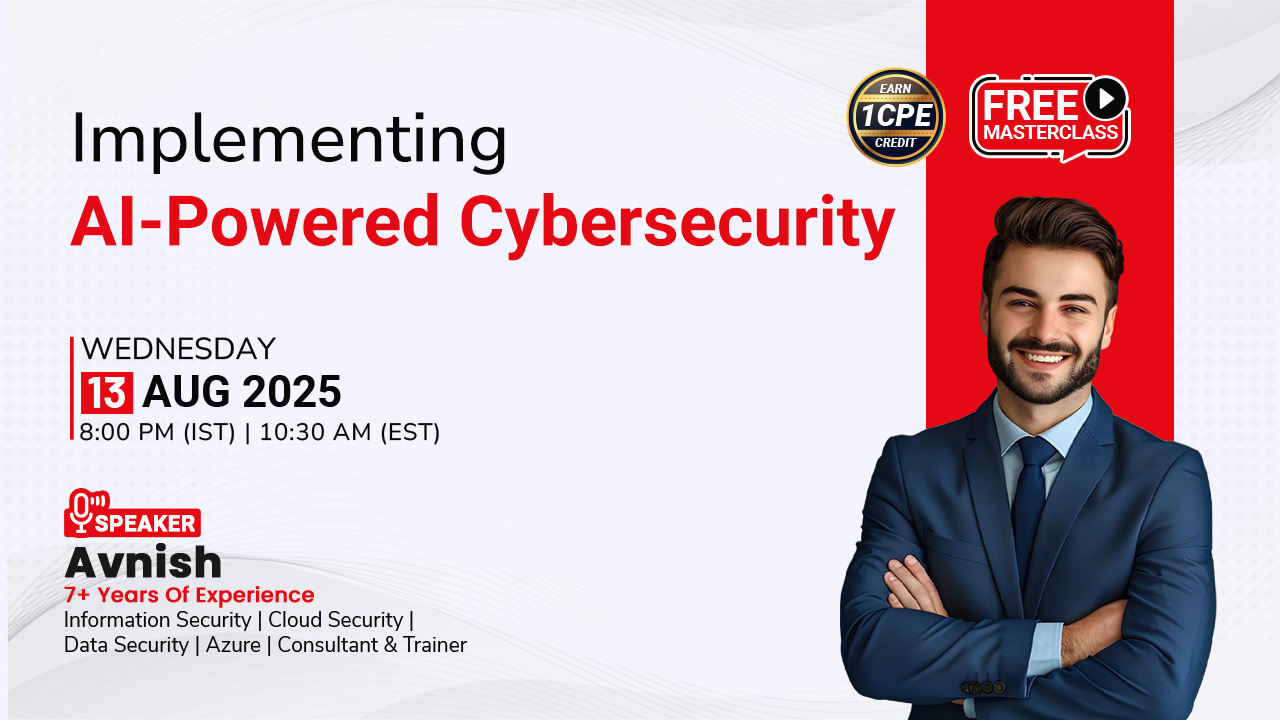How to become a DevOps Engineer?
Enterprises all over the world are rapidly turning towards automation for coping with the pace of digital transformation. Therefore, businesses in the present times often look for professionals with capabilities in new and emerging technologies. The demand for a DevOps engineer career path has been increasing recently with the widespread recognition of DevOps as an instrument for fostering efficiency in application development and release.
However, beginners are likely to face the shortage of access to proper resources for navigating their way through numerous opportunities and challenges to start a career in DevOps. The following discussion provides a reliable impression of the various details, such as demand for DevOps jobs and skills required for a career in DevOps. Readers can also reflect on the DevOps certifications that can deliver a competitive advantage for DevOps career.
Enroll Now: Docker Certified Associate Training
Before diving into the details of an ideal DevOps engineer career path, it is important to reflect on DevOps first. DevOps is a process that focuses on communication and learning between software developers and IT operations professionals, from a technical perspective. It combines the development and operations team for creating an ecosystem fostering continuous learning, shared responsibilities, and knowledge sharing.
Why is DevOps Important for Enterprises Now?
The next important factor to reflect on a DevOps engineer career guide refers to the significance of DevOps in the existing market. DevOps improves the smoothness of workflow in the organization. DevOps also helps enterprises identify their failures in the initial stages of development and learn from them. As a result, it can speed up delivering new software, features, and security updates. Above everything else, DevOps largely focuses on ensuring faster delivery of solutions to the market with better standards of reliability and quality.
Demand for Jobs in DevOps
So, is DevOps giving rise to more career opportunities? Obviously, and the numbers point out towards the same! According to Forrester, over 50% of enterprise businesses presently employ internal or external DevOps services actively. Statista indicates that the adoption of DevOps increased by around 17% in 2018.
Most important of all, the estimates of IDC point out that the total value of the DevOps market would reach almost $6.6 billion by 2022.
A popular professional networking platform, LinkedIn, also declared DevOps as one of the most in-demand skills in 2018. Furthermore, more than half of business owners are presently hiring or planning to hire DevOps engineers. Therefore, one can notice the potential of a DevOps Engineer career path.
Skills Required for a Career in DevOps
Now, the next critical factor in any DevOps Engineer career guide refers to the skills required for DevOps jobs. The foremost requirement to start pursuing a career in DevOps directly refers to comprehensive knowledge about the identity of DevOps. You have to understand the DevOps framework and the DevOps culture rather than just focusing on DevOps tools.
Candidates aspiring for DevOps jobs should understand the actions of developers in the management of code versions, testing, integration, and deployment on servers. Also, aspiring DevOps engineers should move beyond the scope of writing code and automation. Here are the important skills that form an integral part of responding to ‘how to become a DevOps engineer.’
- Fundamental knowledge of the concepts of scripting and Linux
- A thorough impression of the working of the software development lifecycle
- Skills for using artifact management tools and development tools
- Expertise in versioning and source control with hands-on experience in tools such as GitHub
- Conceptual and practical understanding of infrastructure design & microservices
- Comprehensive knowledge of the CI/CD concepts and relevant tools
- A detailed impression of the DevOps pipeline and its working
- Experience in using containerization tools such as Kubernetes and Docker
- Fluency in the concepts and use of various metrics for DevOps
- Teamwork, communication, and troubleshooting skills
Certifications Can Help You
Any candidate looking for a DevOps engineer career guide should also focus on DevOps certifications. Popular cloud vendors such as AWS, Microsoft Azure, and Google Cloud Platform provide DevOps certifications. Other platforms and technology-based certifications include Kubernetes and Docker certifications. Candidates can use these certifications for establishing the credibility of their skills and knowledge in the field of DevOps. Most importantly, the DevOps certification also increases the chances of landing up a DevOps job faster than expected. Additionally, you can also gain recognition in the DevOps professional community with a reliable certification.
Check Now:
Docker Certified Associate Training
Certified Kubernetes Application Developer Training
Certified Kubernetes Administrator Training
Final Words
On a concluding note, all aspiring DevOps professionals need to develop the necessary industry experience. The information mentioned above can help you overcome doubts and apprehensions about starting a career in DevOps. However, the DevOps Engineer career path becomes easier when you have the right guidance.







 1800-843-7890 (India)
1800-843-7890 (India)